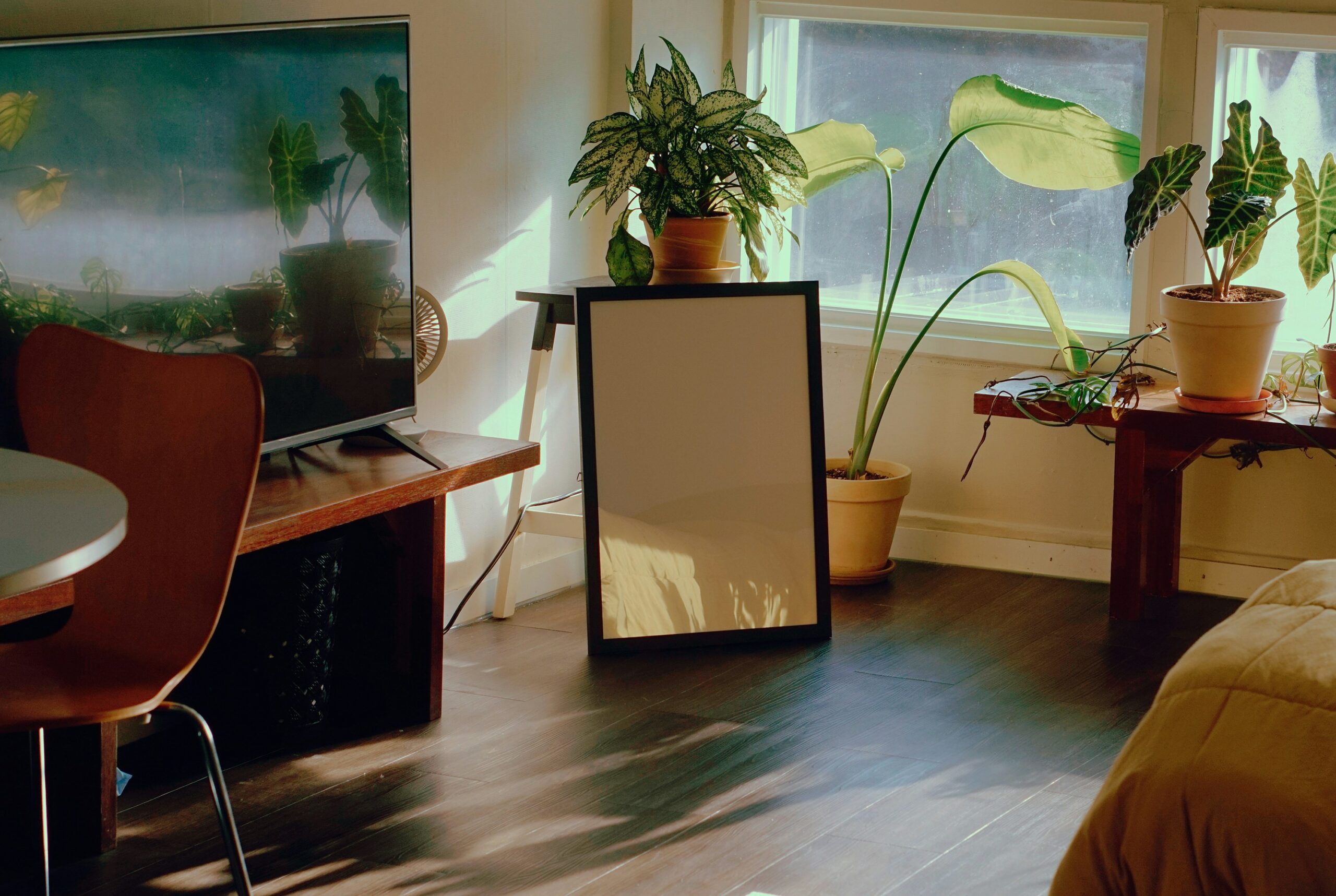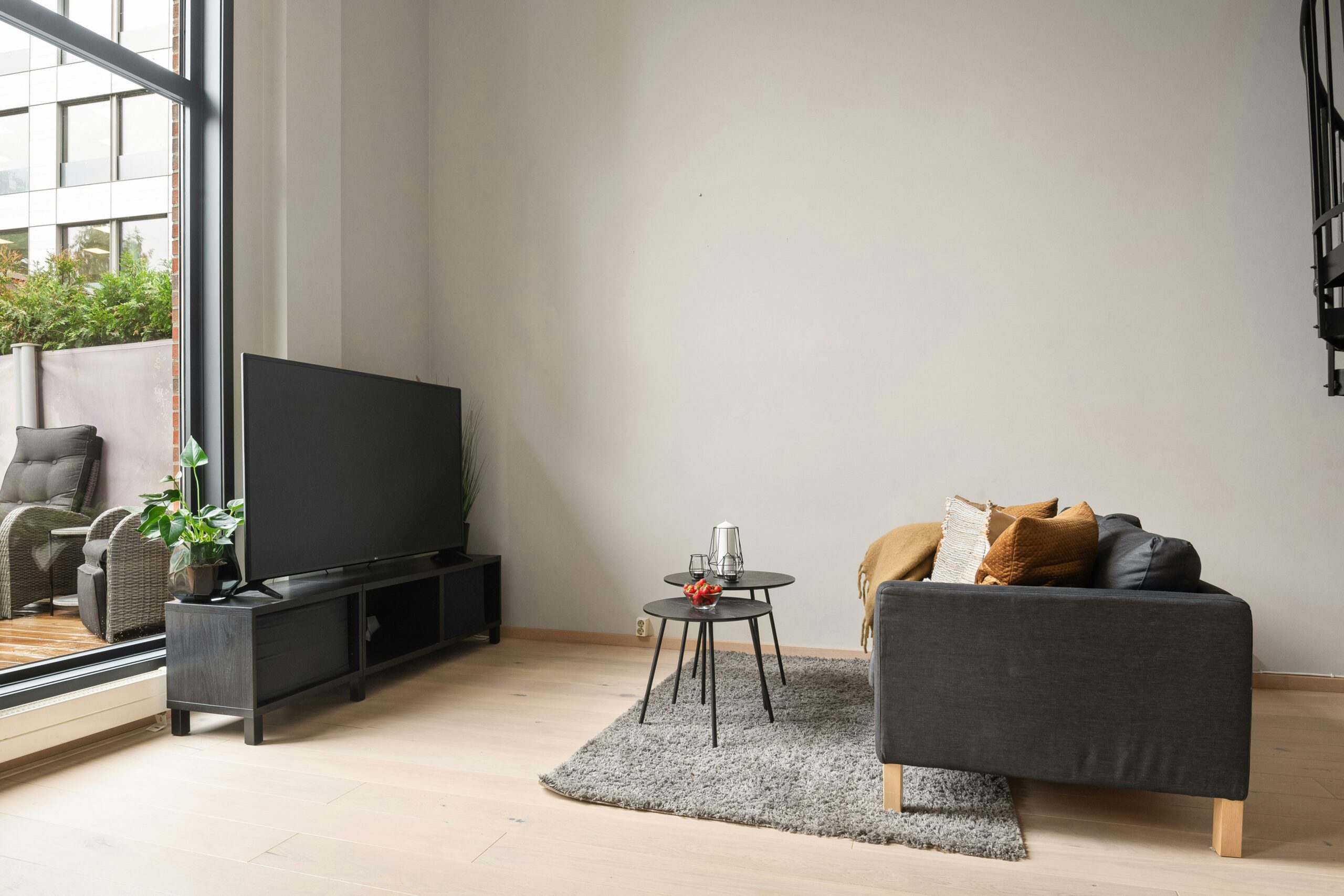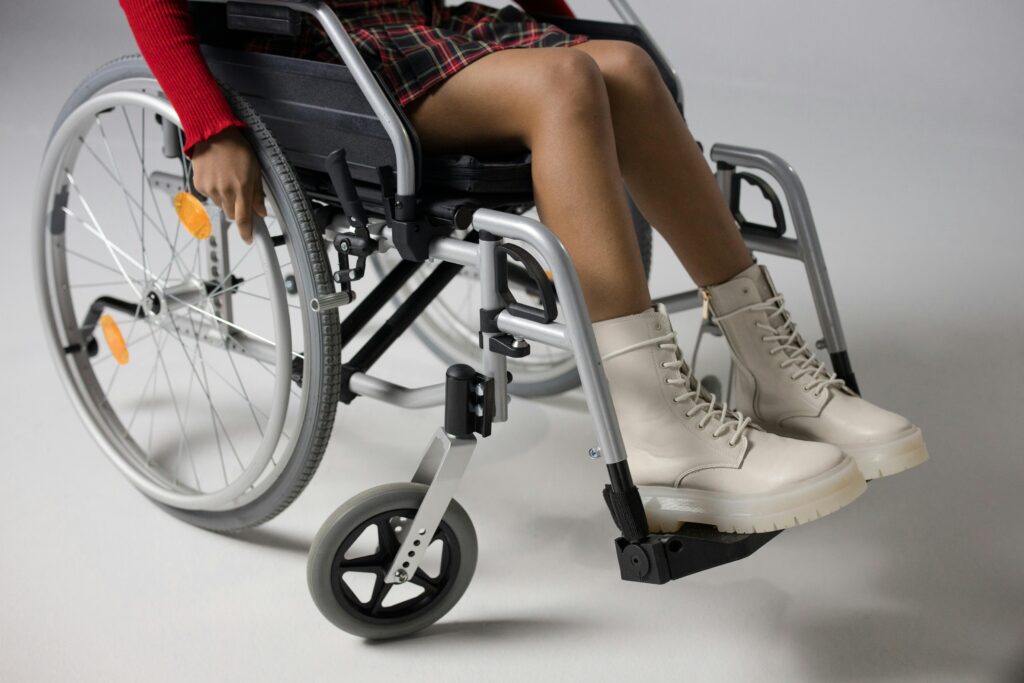Ever walked into a room and thought, “There’s got to be a smarter way to organize this mess”? Well, guess what—smart furniture design is here to save your sanity. Imagine a couch that charges your devices, a table that adjusts its height with a voice command, or even a bed that tracks your sleep patterns. Sounds futuristic, right? It’s not. Welcome to the era of smart furniture design, where technology meets home decor in jaw-dropping ways.
In this blog post, we’ll explore why smart furniture is more than just a flashy trend. You’ll learn what makes it tick, how you can seamlessly integrate it into your home, and actionable tips to choose the best designs for your lifestyle. Plus, we’ll dive into some brutal truths about the industry (yes, there’s bad advice out there) and wrap things up with a nostalgic twist. Let’s get started.
Table of Contents
- Why Smart Furniture Design Matters in 2024
- Step-by-Step Guide: Integrating Smart Furniture into Your Space
- 7 Best Practices for Choosing Smart Furniture
- Real-Life Examples of Smart Furniture Done Right
- FAQs About Smart Furniture Design
Key Takeaways
- Smart furniture combines functionality, aesthetics, and tech seamlessly.
- It’s no longer just a luxury—it’s becoming a necessity for modern living spaces.
- Choosing the right pieces involves balancing utility, budget, and compatibility with existing systems.
- Bad advice: Overloading your space with gadgets without purpose will leave you overwhelmed.
Why Smart Furniture Design Matters in 2024
Let’s face it: Our homes are shrinking while our tech addiction is growing. The average urban dweller now lives in smaller spaces but owns more devices than ever before. And let’s not forget the sensory overload most smart homes cause—an Alexa speaker screaming “unknown device” every five minutes isn’t exactly zen. Enter smart furniture design: solving these problems one innovative piece at a time.
A Quick Story: Once upon a time, I bought a coffee table with built-in wireless charging. Sounds perfect, right? Except I didn’t check the wattage limits. So when my iPad overheated mid-binge-watch session, I realized the hard way—that cool tech needs research first. Lesson learned.
Grumpy Optimist Dialogue:
Optimist You: “Imagine controlling everything from your recliner!”
Grumpy You: “Sure, as long as Wi-Fi doesn’t crash.”

Image Description: An infographic highlighting statistics on smart furniture adoption, such as “65% of homeowners prefer multifunctional furniture by 2024.”
Step-by-Step Guide: Integrating Smart Furniture into Your Space
Step 1: Assess Your Needs
Ask yourself: What do you really need? Is it storage, convenience, or aesthetics? Prioritize based on pain points.
Step 2: Measure Your Space
Smart furniture won’t help if it doesn’t fit. Measure twice, order once—or regret forever.
Step 3: Test Compatibility
Ensure your new smart desk syncs with your phone or other devices. There’s nothing worse than incompatible tech ruining the vibe.

Image Description: A homeowner using a tape measure to plan measurements for potential smart furniture.
7 Best Practices for Choosing Smart Furniture
- Focus on functionality over gimmicks (“Chef’s kiss” for practicality).
- Check energy efficiency ratings—it’s 2024; green is gold.
- Pick neutral colors for timeless appeal. Trust me, neon orange upgrades aren’t staying power.
- Read reviews like they’re your favorite book series (and skip the spoilers).
- Consider modular options—you can reconfigure them later!
- Stick to reputable brands unless you want tech headaches galore.
- Brutal Honesty Alert: Avoid overloading your space. Remember my overheated iPad fiasco? Yeah…
Real-Life Examples of Smart Furniture Done Right
Take Ori Living, for instance. Their robotic walls transform studio apartments into multi-functional havens with ease. Or IKEA’s UPPLEVA line—streamlined media storage meets sleek design. These companies prove smart furniture doesn’t have to scream “I’m full of wires!”

Image Description: A photo showcasing IKEA’s UPPLEVA system, blending hidden cables and minimalist shelving around a flat-screen TV.
FAQs About Smart Furniture Design
Q: How much does smart furniture cost?
A: Prices vary widely, but expect to pay anywhere from $500 to several thousand dollars per piece.
Q: Can I DIY smart modifications?
A: Sure, but proceed carefully—you could void warranties or fry components (been there).
Q: Does it require professional installation?
A: Some items come ready-to-use, but complex setups may need an expert touch.
Conclusion
Smart furniture design isn’t just about adding bells and whistles—it’s about enhancing your quality of life. Whether you’re dreaming of a clutter-free workspace or a cozy bedroom sanctuary, these innovations make modern living smarter and simpler. Just remember: Plan wisely, invest thoughtfully, and always double-check those compatibility specs!
And finally, because nostalgia never gets old:
“A Tamagotchi taught us care,
Now smart furniture keeps us aware.”
Stay curious, stay connected!


